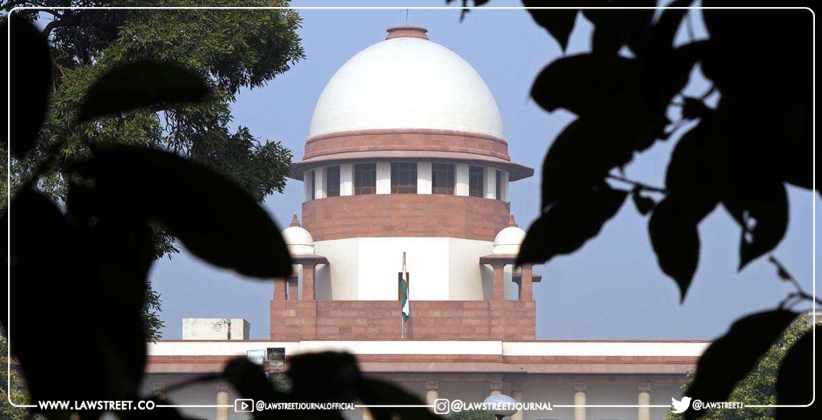SupremeCourt hears an application on whether foreigners can challenge visa denial who visit India. The case is in the backdrop of the Tablighi Jamaat controversy in NizamuddinMarkaz
SG Tushar Mehta: Whenever our embassies and missions receive Visa application, we get inputs on the person. Visa is granted however they are subsequently black listed. There is one provision for revocation of blacklisting.
Sr Adv CU Singh: But there was no blacklisting order served upon us
Justice AM Khanwilkar: then we have to look at the maintainability of this petition first.
SG: There is no fundamental right on a foreign national that he be allowed to enter a sovereign nation.
SC: So if you want to come for religious purposes? Then missionaries visa
SG: Yes. but the tablighi jamaat members had come under tourist visa which is for recreation, learning some skills or language etc. Here Tablighi was prohibited. Else there is missionary visa
SC: Is missionary visa restricted to a religion?
Sr Adv CU Singh: missionary is for propagating a religion. here that was not the case
SC: So tourist visa does not include for religious purposes.
Singh: there is no pilgrimage visa etc if one wishes to visit a mosque
SG: Irrespective of visa, title, whether tourist, student etc. Anything tablighi is prohibited.
SG: Tablighi is an activity where some kind of doctrinal values are preached and they go to other places and preach the same. Countries have found this to be against their values also.
SG: When we grant permission to a foreigner to enter our nation then there are restrictions we impose. It can be on a person or a class of person.
SG: Here the person is deported but stated that they cannot enter again. Here such restriction does not place a limit on any law.
SG: These are discretions used in the larger interest of the country's sovereignty. If it is held that it is a justiciable purpose, if this plea is entertained then it will be like there is a fundamental right to enter the country even if Govt does not permit them to do.
SG: right to enter a country without the permission of the sovereign country can never traced back to Article 21.
SG: Right to remain in India without permission of the government cannot be meant to be curtailing right under article 21. there is no curtailment of personal liberty when an individual is blacklisted.
SG: SC has to then accept an argument that Right to enter India is an enforceable right
SG: Principles of natural justice is applied differently as per the facts of the case. Here there is no adverse impact unless they say right to enter India is an enforceable right
SC: But they are also on Article 14 when they enter India on a valid visa
SG: This will create a floodgate. Best case for a foreigner under article 21 is when he is imprisoned or picked away and his right is taken away, this right cannot be traced to right to enter India.
Justice Abhay S Oka: you say power of blacklisting is under Section 3 of the Foreigners Act
SG: This is a suspicion based jurisdiction. Even if the sovereign country feels that the person can create harm he may be blacklisted and the person is also not often informed of this







